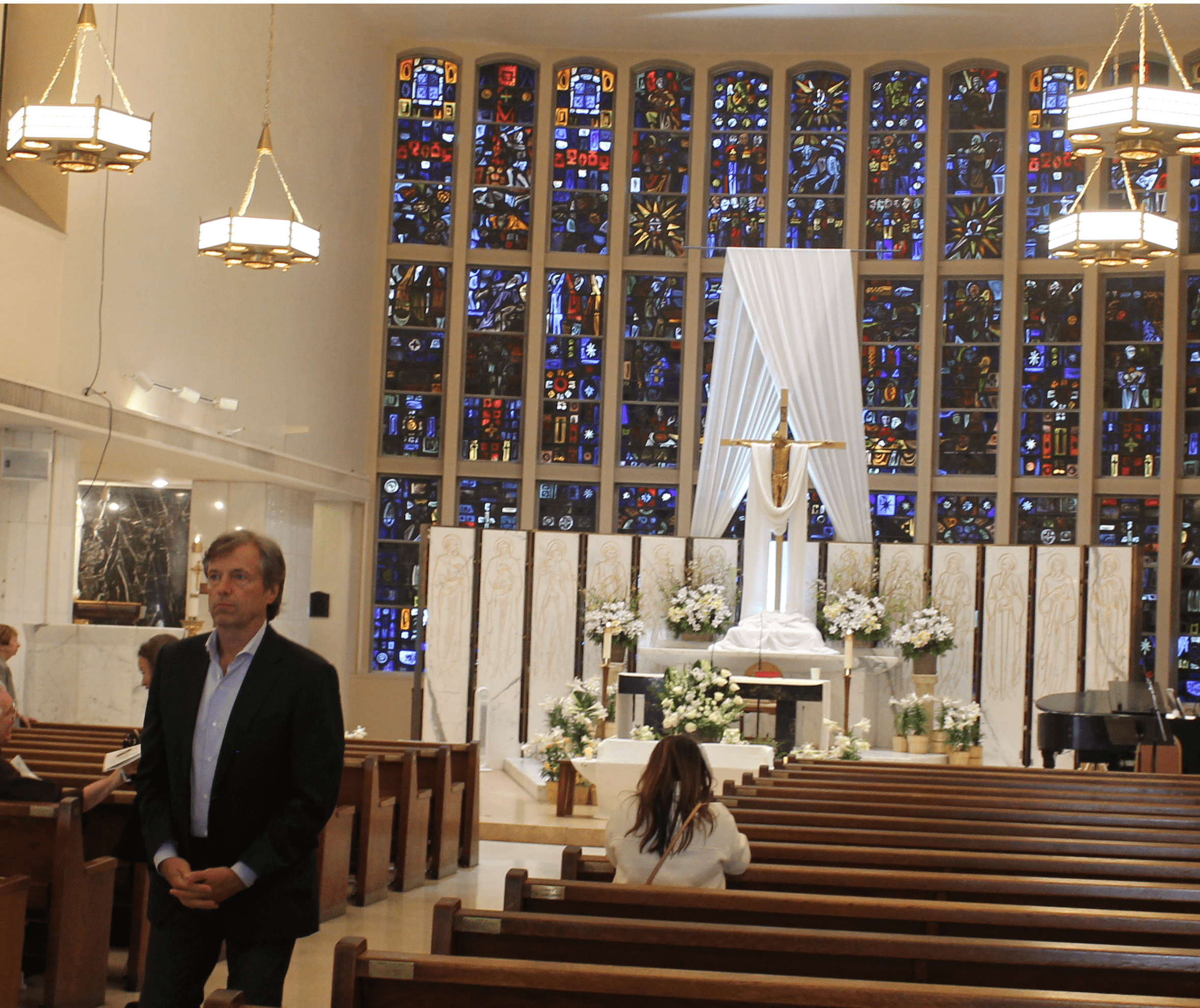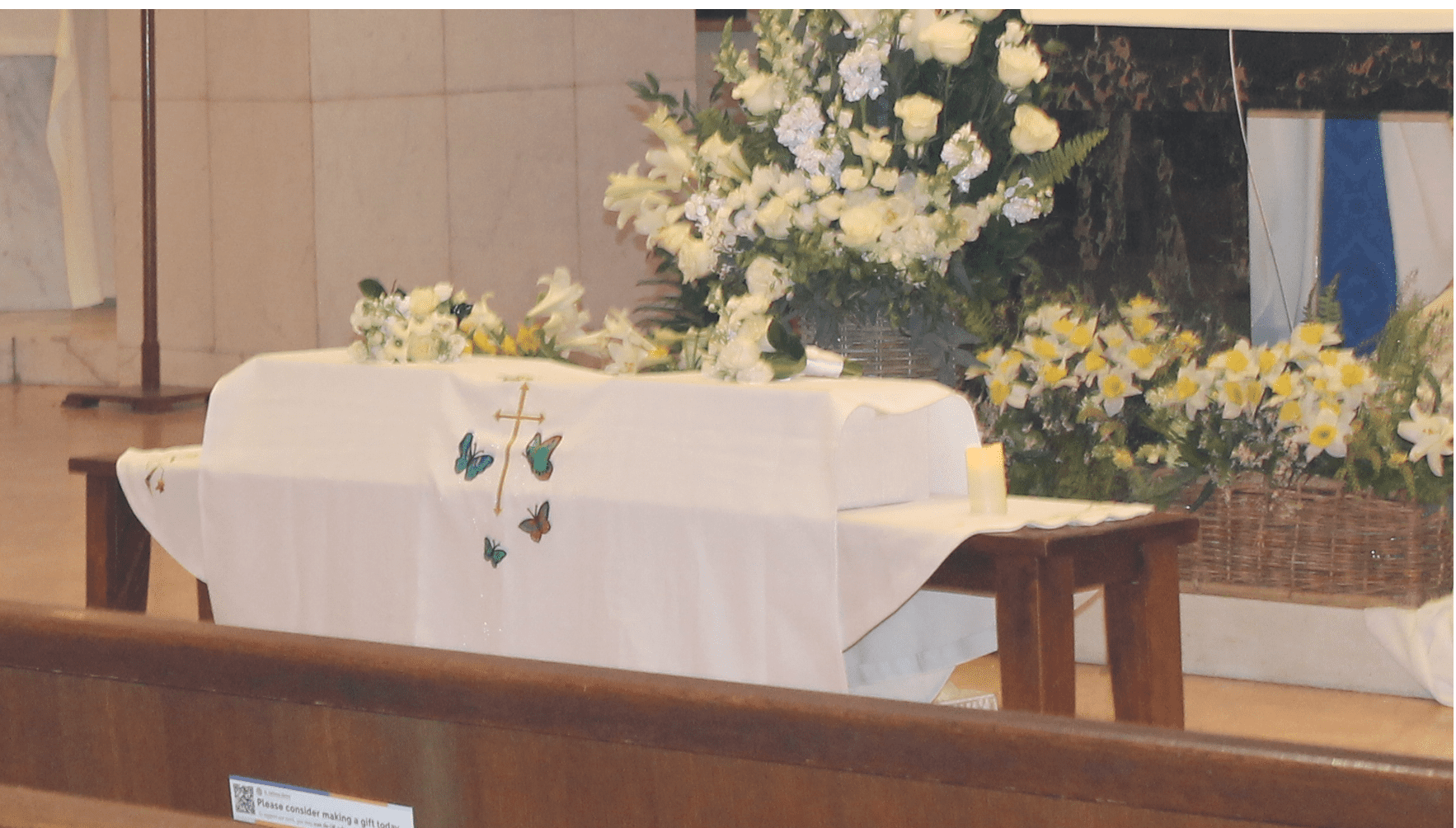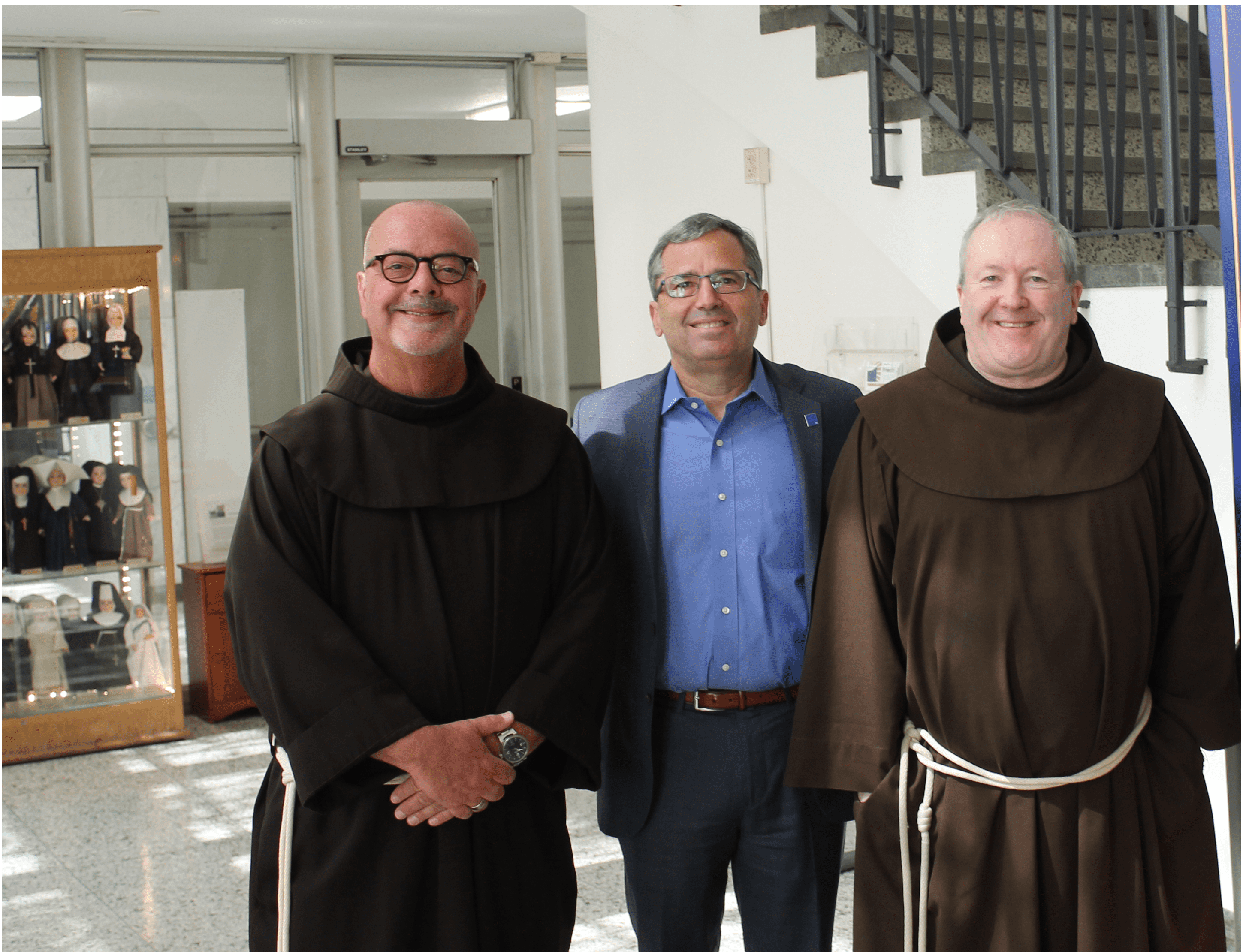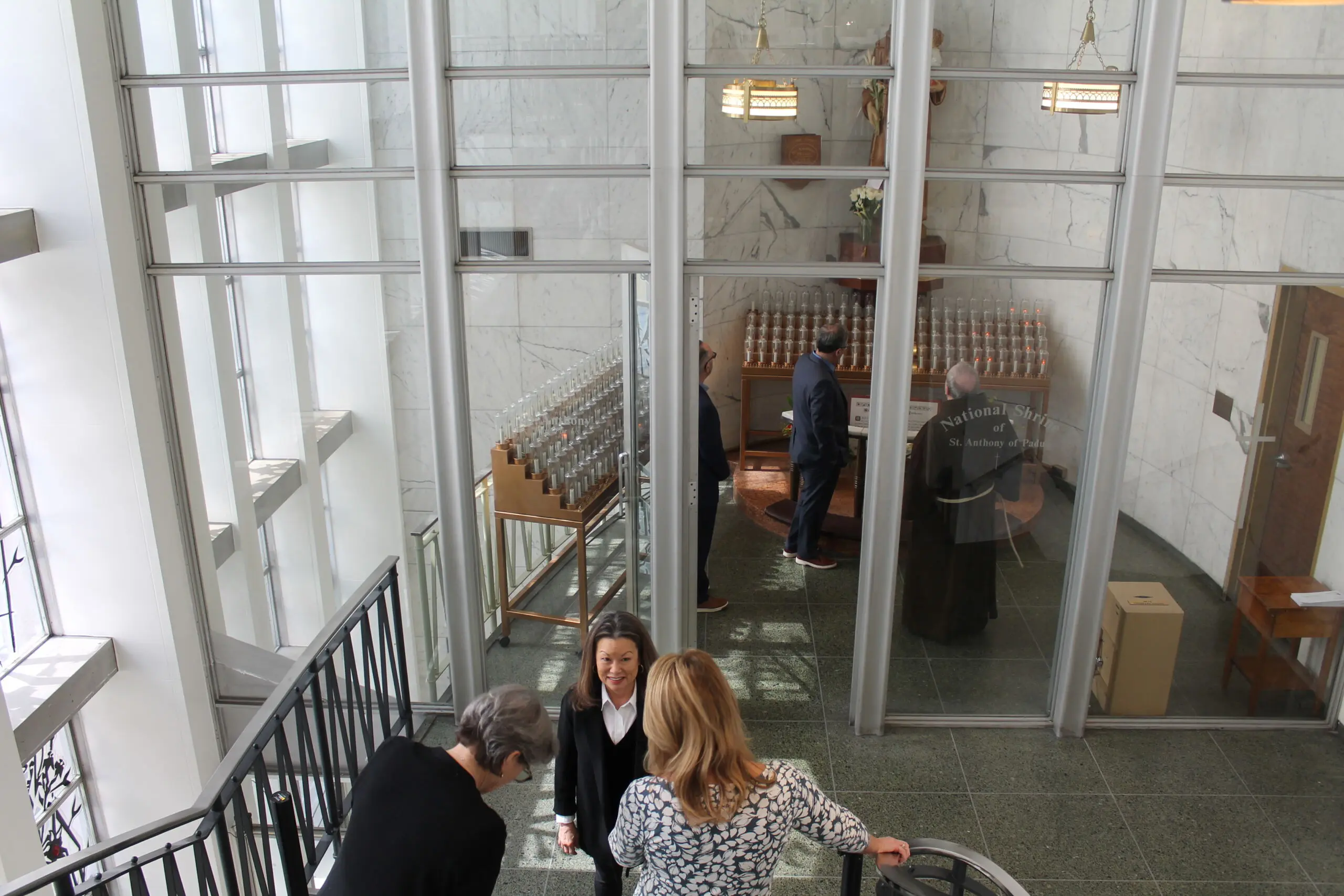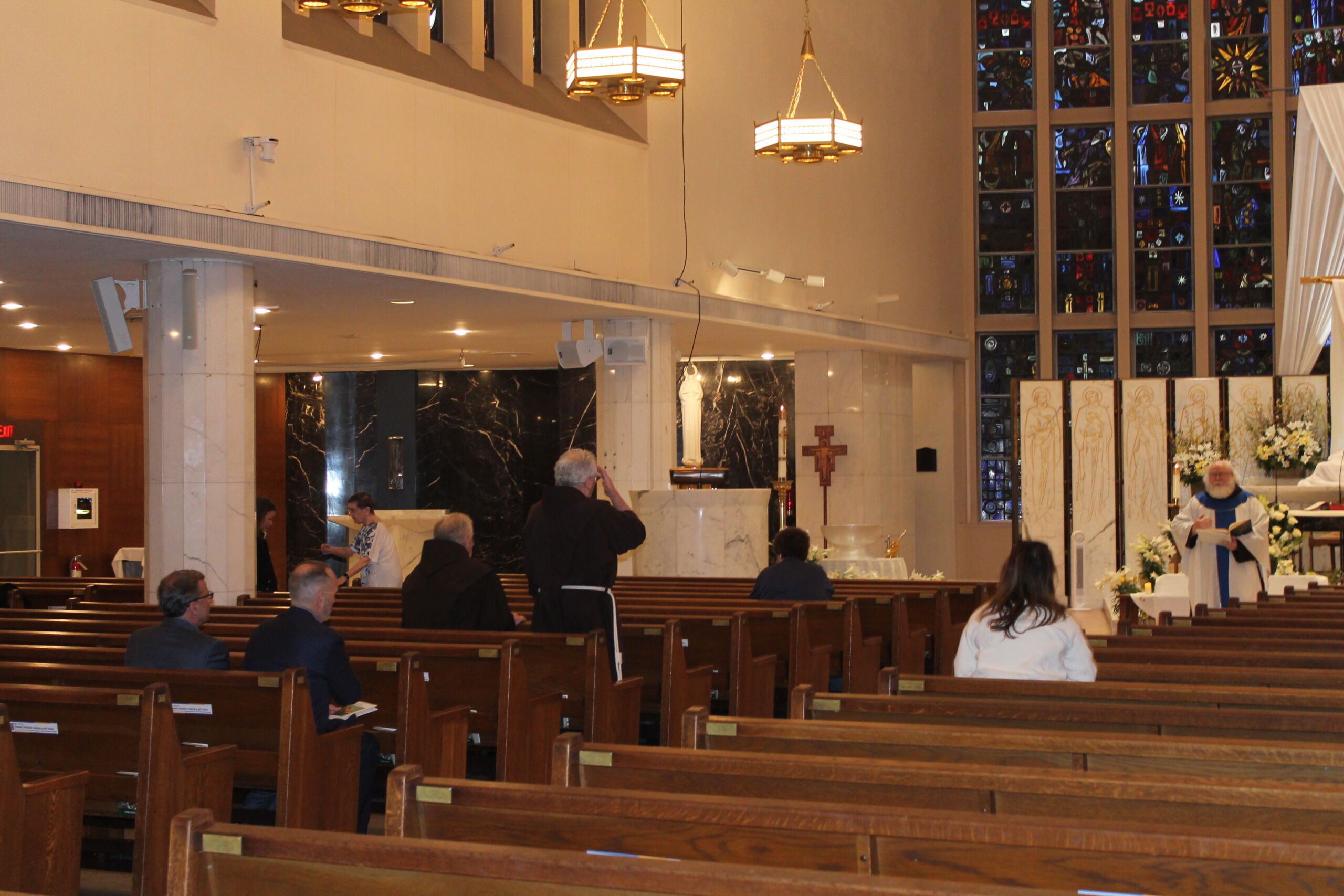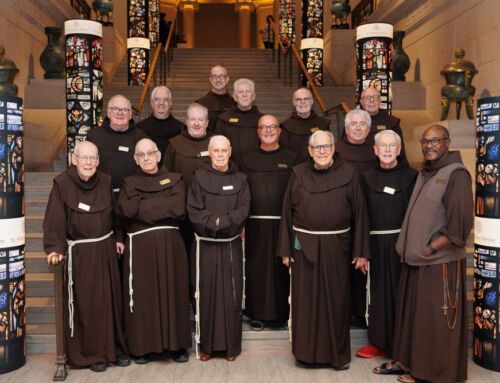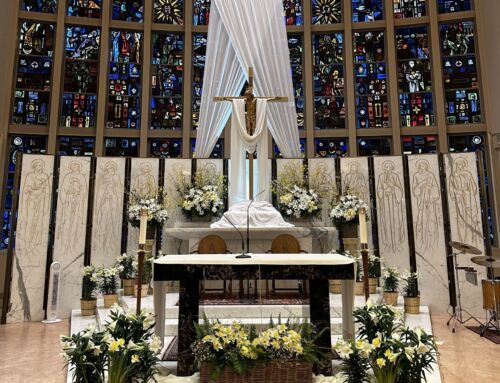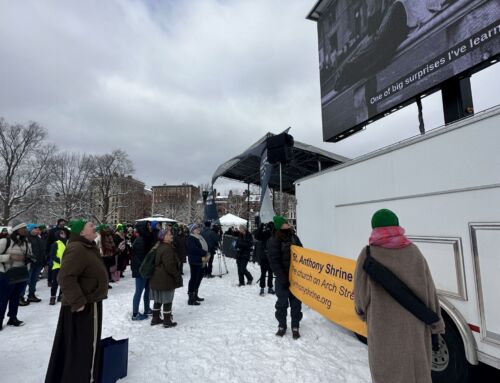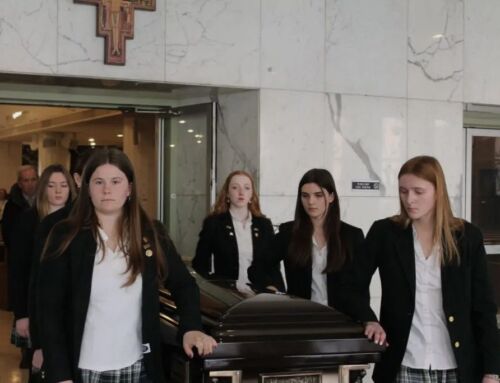On April 28th, we gathered for a Lazarus funeral in honor of two babies, children whose lives were quiet whispers of grace, a moment of presence that arrived and passed like a prayer. Some lives, no matter how brief, leave behind a sign of light, an invitation to remember what we often forget in the busyness of growing up. The measure of a soul is not found in time or in the number of years lived, but in its essence, the ability to remind others of something pure, that many may have long forgotten.
The ceremony felt like more than a farewell. It was a quiet invitation into something deeper, something more enduring than loss. It became a passage, not just for the babies, but for everyone present. In the stillness of the ritual, we found ourselves gently pulled back to a place that many of us had not visited in a long time: a space filled with wonder, where the weight of the world had not yet settled in. It was a return to the innocence we once knew instinctively, before the demands of adulthood taught us to bury it. We were reminded of a time when curiosity guided our days, when simplicity felt abundant, and when softness was not something we had to protect, but something we offered freely. For a brief moment, it was as if the child within each of us stirred quietly, like the echo of a memory that still lives in the corners of our hearts.
As we grow older, we are taught, sometimes by necessity and sometimes by fear, to set aside the parts of ourselves that feel too tender for the world. We stop laughing simply because something delights us. We begin to shape our personalities around what will be accepted, rewarded, or praised. We wear masks that help us succeed, that help us survive, that shield us from rejection and judgment. And as those masks become more comfortable, we slowly start to forget the dreamer who once imagined a life without limits. But there are moments, rare and sacred, that interrupt this forgetting. Moments like this funeral, when a life so short and so pure invites us to pause and reflect, not just on the one we lost, but on the parts of ourselves we may have lost along the way.
Fr. Paul Keenan, OFM, spoke beautifully to this when he shared the story of Sister Geneviève Jeanningros, a longtime friend of Pope Francis. At the Pope’s funeral, Sister Geneviève broke protocol by moving beyond the designated space and walking up to the Pope’s casket to stand close to him one final time. It was an act of profound tenderness and love. She did not follow the rules laid out for the ceremony. She followed the deeper call of the heart, honoring their friendship and presence over formality. In a similar way, by being present at the Lazarus funeral, we too broke a kind of protocol. In a world that often teaches us to distance ourselves from grief, to shield our hearts from vulnerability, we chose instead to draw close. We chose to stand near to the mystery of life and death with open hearts. Like Sister Geneviève, we were reminded that sometimes the truest form of reverence is not found in strict adherence to what is expected, but in the courageous act of simply being present, fully and lovingly.
In the stillness that followed, it did not feel like we were being asked to mourn, but rather to remember. Not to dwell on the finality of death, but to return to the origin of our own essence, the version of ourselves untouched by expectation, performance, or fear. Perhaps those babies, in their brief time here, never had the chance to build walls around their spirit. Perhaps they never had to compromise their true nature to fit into a world that so often demands that we do. And maybe that, in its quiet beauty, is the lesson they leave behind: a reminder that our truest selves are not lost, only waiting to be remembered.
So where do we go from here? Perhaps the most meaningful response is not found in grand gestures or carefully planned resolutions, but in something far more personal and quietly transformative. Maybe it begins with a small act of rebellion, not one driven by defiance, but by remembrance. Go outside and do something someone once told you not to, not to prove anything, but to honor the parts of yourself that were once told to shrink. Laugh without needing a reason. Speak a kind word simply because it feels right in your body. Wear the color you loved as a child, even if it clashes, even if no one else understands why. Let your softness show, even if it feels unfamiliar. Let someone see it, not because the world demands it, but because some children will never have the chance to.
In doing so, you are not only honoring their brief lives. You are reaching back to embrace the version of yourself that once moved through the world freely, before fear and shame and expectation began to shape you. We often speak of purpose as something to be built, achieved, or earned, as if it lives somewhere far ahead of us. But maybe true purpose begins by remembering what has always been within. Maybe it lives not in the forward motion of striving, but in the quiet return to our original essence.
In the tenderness of our Lazarus service, there was no loud declaration, no certainty, and no clear direction. Instead, there was a gentle call to begin again, not with answers and not with explanations, but with an open heart willing to feel, to remember, and to live with a little more softness.

